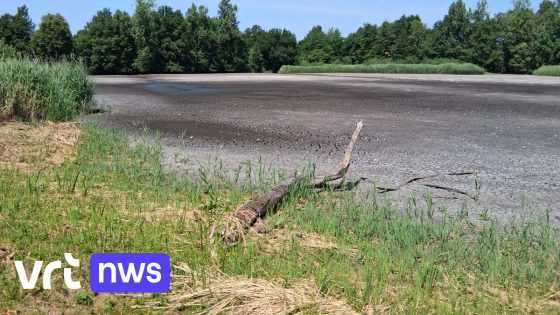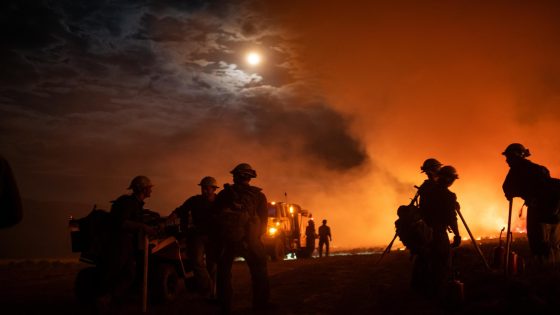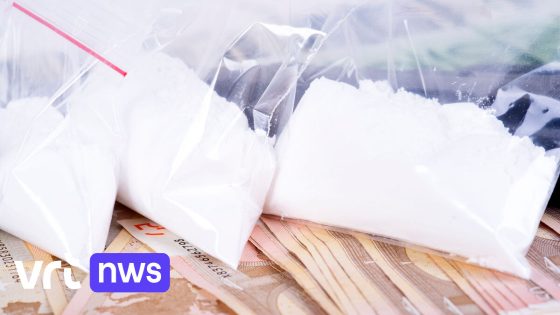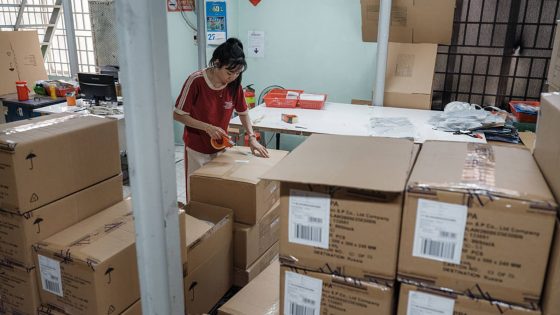Staff at the Provincial Green Domain Prinsenpark in Retie have rescued 10,000 fish from their drying ponds, highlighting the urgent impact of drought in Belgium. The fish rescue took place as early as 2025-07-02 16:30:00, a time when water levels are usually stable.
- Medewerkers redden 10.000 vissen uit vijvers
- Vijvers drogen steeds sneller op in Prinsenpark
- Parkdirectie ervaart vroeg zomers droogteprobleem
- Vijvers afhankelijk van water uit naburig kanaal
- Droogte veroorzaakt oppompverbod uit het kanaal
The ponds depend on water from a nearby canal, but an official pumping ban due to drought has left the ponds dangerously low. This situation is unprecedented this early in the summer, according to the park management.
How long can these delicate ecosystems survive without intervention? And what does this mean for other natural reserves across Belgium facing similar drought conditions? These questions underscore the importance of immediate action to protect local wildlife.
What does this fish rescue tell US about water management and environmental risks in Belgium? It shows how vulnerable aquatic habitats are to changing climate patterns and regulatory limits on water use. Key points include:
- Dependence of ponds on canal water highlights interconnected water systems.
- Early summer droughts are becoming more frequent and severe.
- Restrictions on water pumping protect canal levels but threaten pond ecosystems.
- Proactive wildlife rescue efforts are crucial to prevent mass die-offs.
Looking ahead, authorities and local communities must strengthen drought preparedness and water conservation measures. Can Belgium innovate to balance environmental protection with water scarcity? The time to act is now to ensure healthy ecosystems for future generations.































